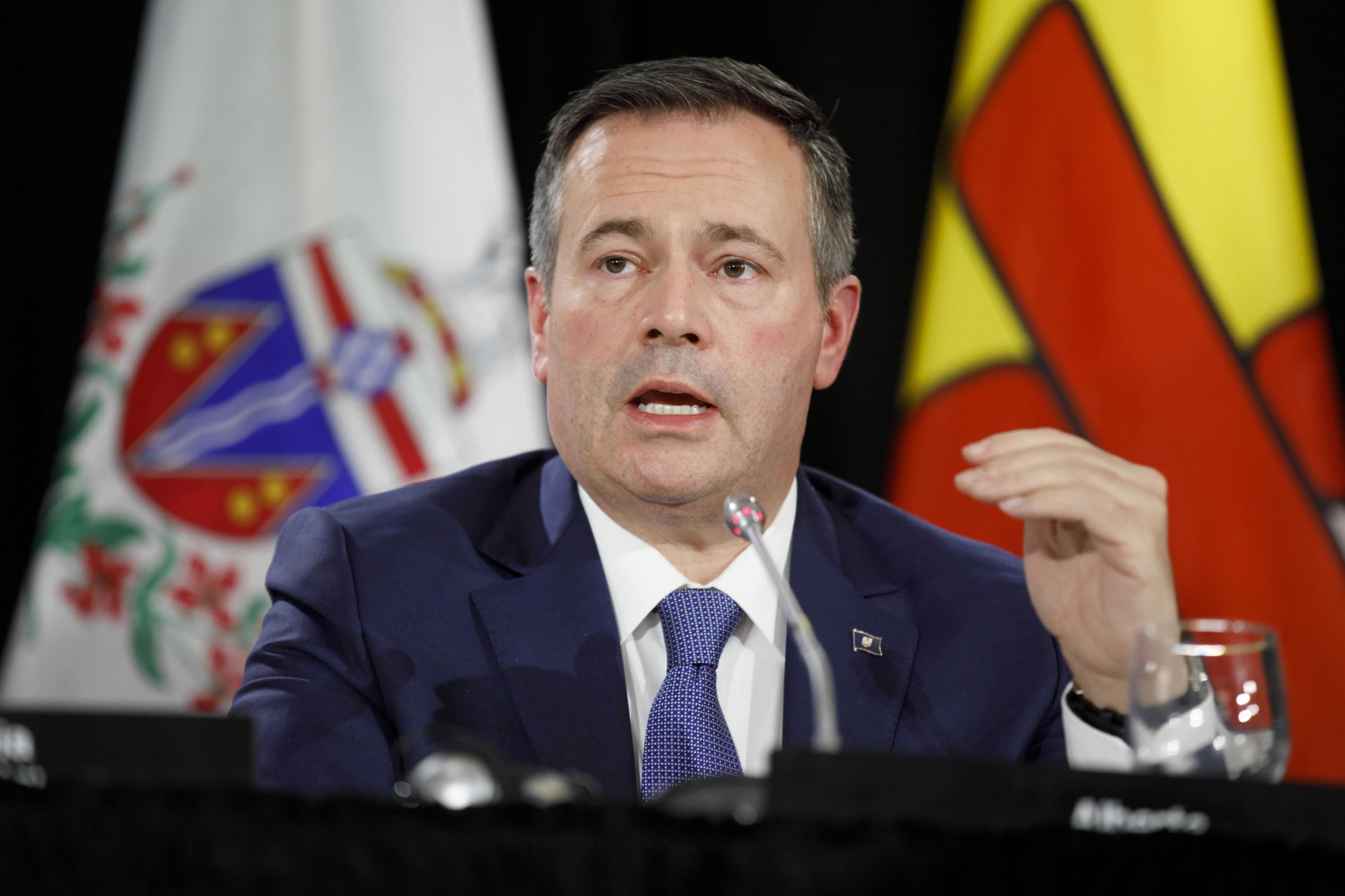Mar 7, 2022
Alberta's premier says it's not too late to approve Keystone XL
, Bloomberg News
Biden doesn't have the authority to cancel Keystone XL: Attorney general of Montana
TC Energy Corp.’s Keystone XL crude pipeline could be built by the first quarter of next year if the Biden administration were to reverse its decision to cancel the project.
Construction of the controversial pipeline, which would have raised the capacity of Canada to export oil sands crude to the U.S. by almost 900,000 barrels a day, had already begun when the project was scrapped last year by U.S., Alberta Premier Jason Kenney said in a news conference. U.S. President Joe Biden canceled a key permit for Keystone XL on his first day in office over environmental concerns.
“We could turn this around in less than a year,” Kenney said.

Kenney’s comments come as crude prices surged to almost US$140 a barrel early Monday after the U.S. said it was looking at a potential ban on Russian oil imports. Keystone XL has been controversial since it was proposed more than a decade ago because it would allow production to grow in carbon-intensive Canadian oil sands.
The U.S. government has been reaching out to major oil producers including Venezuela, which is under sanctions, to find replacements for Russian oil after that country’s invasion of Ukraine. It has also been working to restore a nuclear pact with Iran that would allow that country’s oil to return to the market The U.S. would be better turning to its closest neighbor for crude than seeking, what Kenney called, “dictator oil.”
An email to TC Energy wasn’t immediately returned.
The U.S. government would first need to financially “de-risk” the project before TC Energy would commit money to building the line after the project was canceled on two previous occasions, Kenney said. The project was canceled by U.S. President Barack Obama only to be revived by his successor Donald Trump before Biden killed the project again.
“During a disaster like this, national security and the interest of the economy must prevail,” he said. “I think there is a lot of creative ways that this could be addressed.”
Alberta will produce and export record volumes of oil this year and the province can boost shipments abroad by about 10 per cent by using existing pipeline and crude-by-rail facilities more efficiently, Kenney said. Enbridge Inc.’s new Line 3 pipeline and a so-called diluent recovery unit that allows heavier crude to be railed down to U.S. refineries will also help boost exports, he said.


